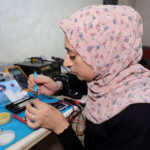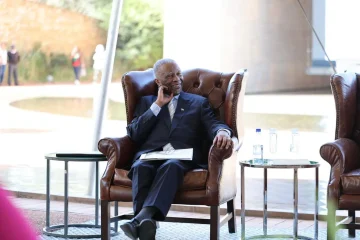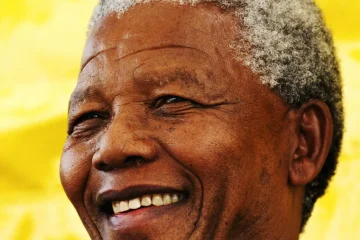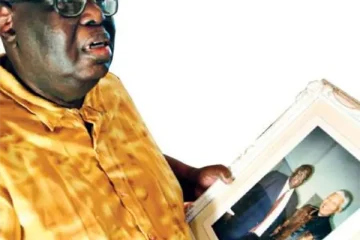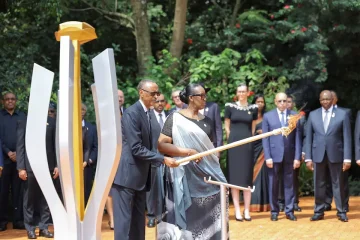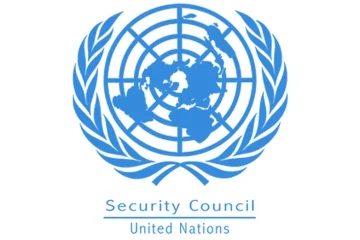[tta_listen_btn listen_text=”Audio” pause_text=”Pause” resume_text=”Resume” replay_text=”Replay”]
WE have all come across headlines that begin with “Women in tech”, “Women in business”, “Women in politics”, or “Women in sports”. While these headlines may seem well-intentioned, with time, the ongoing use of the phrase “Women in…” has become disempowering for women.
Although there is a need to highlight underrepresented bodies and communities, using qualifiers reinforces the idea that the existence of women, first, is an anomaly and, secondly, that their presence in specific spaces continues to be uncommon.
Using titles like ‘Black Woman’, ‘Queer Woman’, and ‘Career Woman’ may seem empowering, but it is not. This practice has created phrases like ‘Women Entrepreneurs’ and ‘Women in Aviation’.
I am not suggesting that we do away with highlighting the achievements and accolades of women and underrepresented communities in their various fields. I understand the purpose of making these people known to us. It is crucial to bring our attention to the pioneers in these fields so others may see themselves working and occupying them too.
My concern is using qualifiers, such as gender when acknowledging and reporting women’s achievements. When used, the qualifier makes us question the validity of the attached statement.
Typically, when men are recognised for their accomplishments, they are referred to as “First Billionaire,” “Best Athlete,” “Tech Giant,” or “Meet the Entrepreneur Changing the Landscape,” without any additional qualifiers.
As an activist, supporter, and advocate for women, I consider women’s rights as recognition and celebration of all people who identify as women without the expectation and use of qualifiers.
In 2019, the United Nations (UN) published its Population Prospects Report, which states that out of 201 countries and regions whose population data was available, 125 of those regions’ populations had more women than men (Statistics Times, 2021).
South Africa is among those countries with a higher population of women than men (StatsSA, 2019), yet the narrative around women positions scarcity over abundance.
When considering the Trans and Gender-nonconforming people who are often excluded and denied the right to be considered in population censuses under their preferred gender identity, these statistics may massively underrepresent the population distribution.
Women are ‘the norm’
Growing up, I lived in a household with six women, attended an all-girls high school and lived in a women’s residence at the university.
I have previously worked for an organisation where women constituted 75% of the workforce, and a woman was our leader. I live and date a woman who holds a managerial position in her profession, and she is also the only woman in her 5-a-side soccer team. My beauty therapists are all women who own and run their businesses; my favourite authors, artists and role models are all women. My post-graduate supervisor is a woman, and my best friends are women.
I want to live in a world in which I am seen as a leader, a scholar, an activist and a professional and not as a woman leader, a woman scholar or a woman professional.
In South Africa, August 9th is a day to honour women for their resistance against pass-laws during Apartheid. I want to encourage us to celebrate women daily by acknowledging their individuality rather than defining them solely by gender.
Women’s rights are at the centre of Human Rights because if women are seen as individuals with fundamental rights and freedoms from birth, this approach will result in fairer pay, consideration for managerial positions, increased safety, and proper compensation for care work, which ultimately contributes to the economy.
The next time I come across a headline highlighting women and other persons belonging to historically marginalised communities, I will cheer loudly. I will celebrate the win as my own because I feel represented but also because, as a rural-born South African woman with an intersectional, black and queer identity, I know what it means to achieve something great.
I will cheer not because of the historical marginalisation. I will cheer because of the personal story attached to that win.
Please remember to put the person first and not use the qualifier as why you celebrate and cheer women on.
Sihle Gcilitshana is an activist, social entrepreneur, and multidisciplinary research scholar. She holds a Bachelor of Social Science Honours in Justice and Transformation from UCT and is currently completing the QBusiness Academy, hosted by the Q Network and supported by the #GoogleOrgImpactChallenge for startups run by people of colour, womxn, and members of the LGBTQIA+ community.



